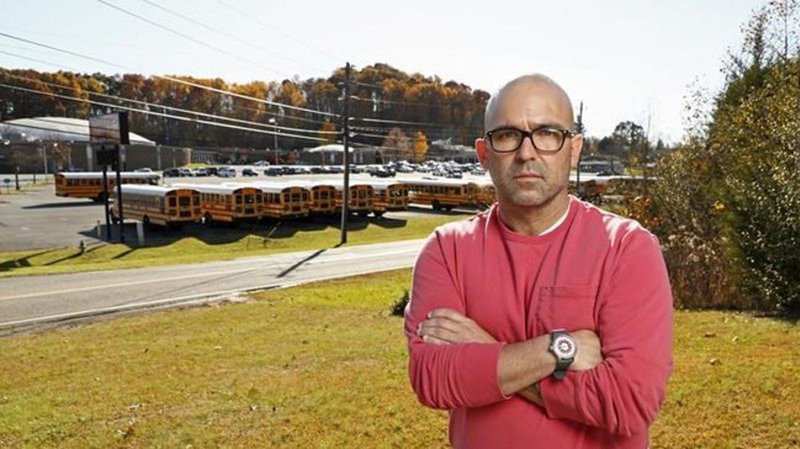
New laws steer some teachers away from race-related topics
NASHVILLE, Tenn. (AP) — New measures that restrict how race is addressed in classrooms have spread confusion and anxiety among many educators, who in some cases have begun pulling books and canceling lessons for fear of being penalized.
Education officials have nixed a contemporary issues class in a Tennessee district, removed Frederick Douglass’ autobiography from reading lists in an Oklahoma school system and, in one Texas case, advised teachers to present “opposing” views of the Holocaust.
At least a dozen states have passed measures this year restricting how schools teach about racism, sexism and other topics. While educators are still waiting to see how they will be enforced, the vagueness of some of the measures, coupled with stiff penalties including potential loss of teaching licenses, already are chilling conversations on race in schools and, in some cases, having consequences that likely go well beyond the intent of those approving the measures.
Matt Hawn, a high school social studies teacher in Tennessee, said he has heard from teachers concerned about how they will teach controversial topics since he was fired himself this spring as state lawmakers were finalizing new teaching restrictions.


